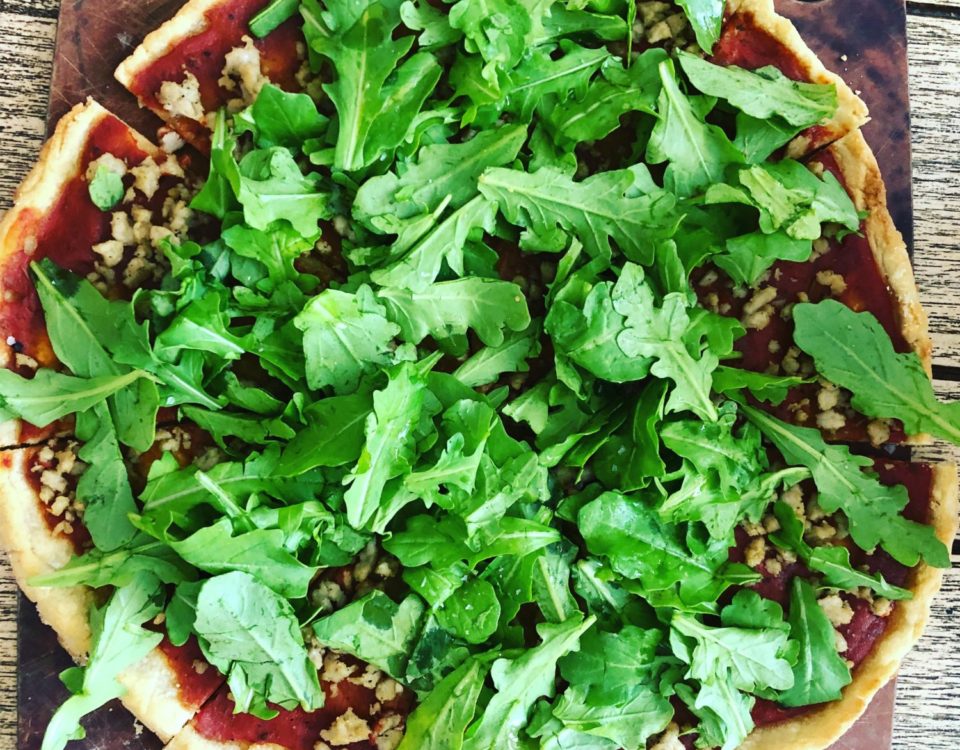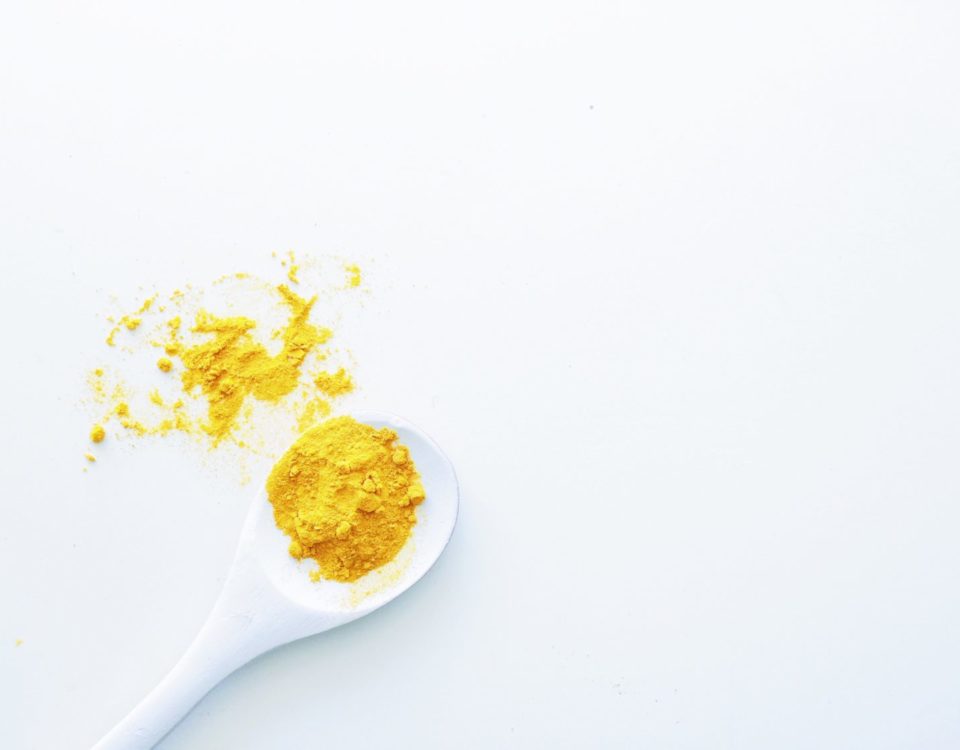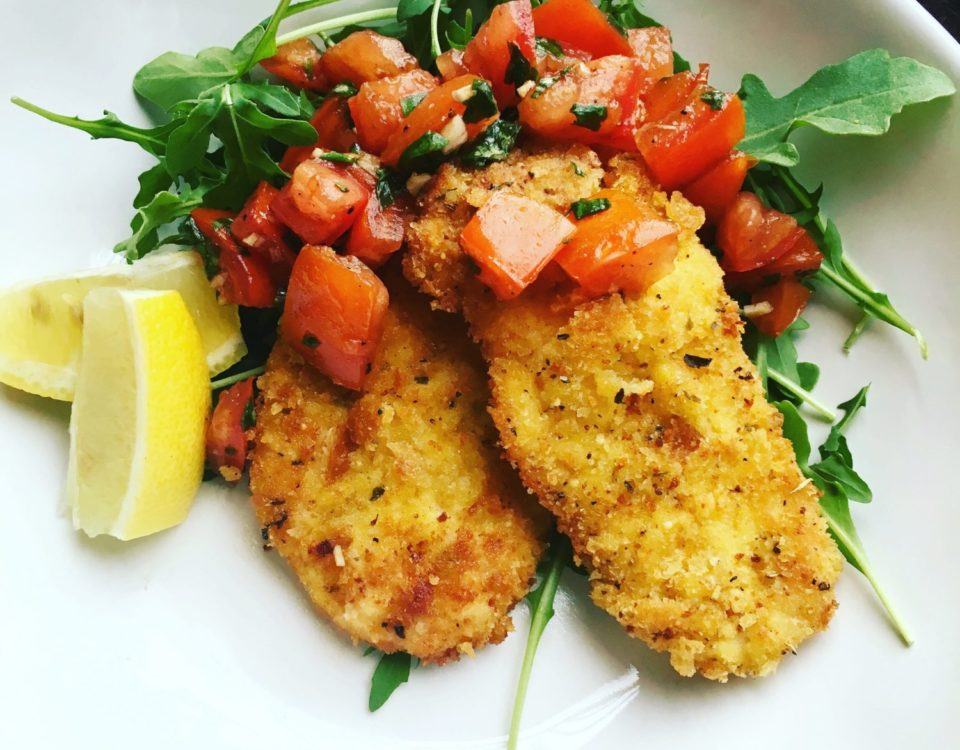SHOULD YOU GO GLUTEN-FREE?
Gluten-free is everywhere these days. The more popular the concept becomes, the more confusing it gets. What is gluten? Is it really that bad for you? Should you be eating it? Let’s take a look at the facts on why giving up gluten may be a good idea:
What is Gluten?
Gluten is a protein found in foods processed from wheat, barley and rye. It gives elasticity to dough and is responsible for its chewy texture. Gluten is hidden in pizza, pasta, cakes, cookies, pastries, crackers, soy sauce, beer and many processed foods.
Difference Between Celiac and Gluten Sensitivity
Celiac Disease is a condition that damages the lining of the small intestine and prevents it from absorbing parts of food that are important for staying healthy. The damage is due to a reaction to eating gluten, which is found in wheat, barley, rye, and some oats. Celiac disease is easy to diagnose and treat, but testing for gluten sensitivity is more challenging. The range of gluten intolerance can vary from very mild to severe. A person with gluten sensitvity will often test negative for celiac, but will suffer from symptoms when they eat gluten. The best way to check if you may be sensitive to gluten is do your own elimination test: take all gluten products out of your diet for two weeks and see if you feel different and your symptoms improve.
Why Experts Recommended Removing Gluten from Your Diet
Dr. Frank Lipman, a pioneer and internationally recognized expert in the fields of Integrative and Functional Medicine, believes that “one should remove gluten grains because they have specific proteins, such as gliadin, which cause our immune system to react in such a way that it is repsonding to a foreign body. Many people have a problem digesting gluten grains.” Gluten sensitivity can cause inflammation in the body and be the underlying reason for many chronic diseases. Dr. Lipman recommends for anyone with a chronic illness to intially remove all gluten from their diet.
The dangers of gluten have been the focus of many medical studies. A recent large study in the Journal of the American Medical Association found that people with diagnosed, undiagnosed, and “latent” celiac disease or gluten sensitivity had a higher risk of death, mostly from heart disease and cancer. This research shows that you don’t have to have full-blown celiac disease to have serious health problems from eating gluten.
6 Reasons to Give Up Gluten
1. You don’t need gluten to survive: Wheat, in evolutionary terms, has only recently been introduced into the modern diet. Now, many of our food sources are pumped with wheat products and by-products, all of which contain gluten. Our digestive systems are not adapted to digest this gluten.
2. The numbers speak for themselves:
- Celiac disease affects 1 in 133 people, yet 97% of people with Celiac go undiagnosed.
- It is estimated that 30-40% of people of European descent are gluten intolerent to some degree.
- For every 1 person diagnosed with gluten intolerance, 80 people are undiagnosed.
3. For your overall health: Giving up gluten has been shown to increase energy, help lose weight, reduce brain fog and relieve many chronic health problems such as aches and pains, arthritis, and digestive issues.
4. You will absorb more nutrients: All grains contain phytic acid which inhibits the absorbtion of calcium, magnesium, iron, copper + zinc. Phytates also interfere with our digestive enzymes in the stomach causing disorders like heartburn.
5. There are healthier sources for the nutrients: There are no nutrients in grains that you can’t get from a healthier source. If you want more fiber in your diet, eat some beans. If you want to eat heart healthy, grill a piece of salmon.
6. Eat grain, crave grain: Grains are high in carbohydrates that give you quick energy, but that wears off quickly. This creates a vicious cycle that causes you to crave the carbs again and again.
Eat These, Not Those!
Going gluten-free doesn’t mean buying and eating every gluten-free product in the grocery store. Gluten-free products have exploded onto the scene and it is estimated that 15-20% of consumers want gluten-free foods. Many people are buying these foods not because they have celiac, but because they think those foods are healthier for them. Although, there are some great gluten-free products available, try to make the majority of your diet consist of naturally gluten-free foods:
- Non-gluten grains: quinoa, brown rice, millet, buckwheat + amaranth
- Unprocesssed whole foods
- Fresh fruits + vegetables
- Farm raised fish
- Organic eggs
- Grass-fed beef
- Organic chicken + turkey
- Beans
- Nuts + seeds
Takeaway
I recommend an elimination diet to remove all grains + gluten for 3 weeks and see if your digestion, energy and mood improve. After two weeks, re-introduce a small amount of gluten back into your diet. If you experience any negative symptoms, you will know that you most likely have some level of gluten sensitivity. Remember, always consult your physician for any medical condition.




